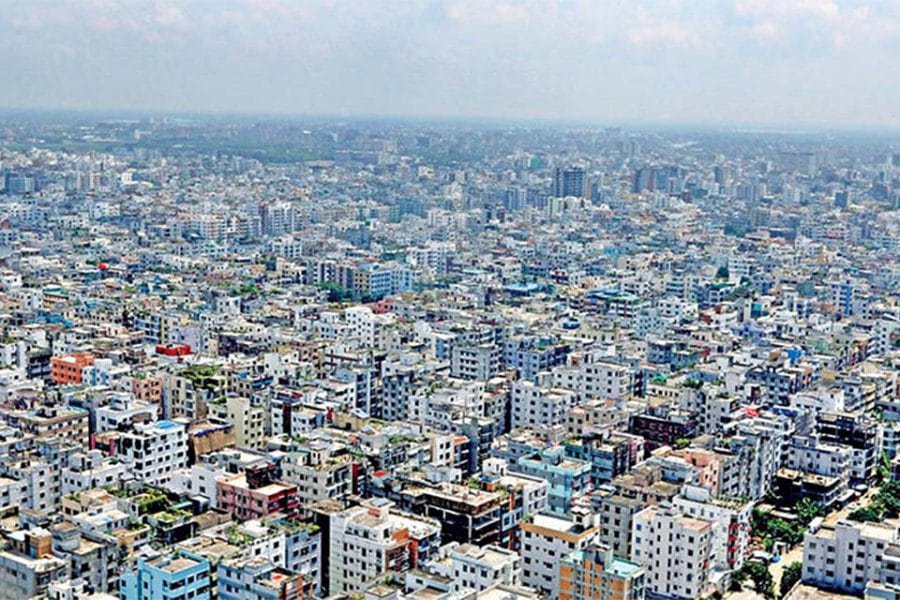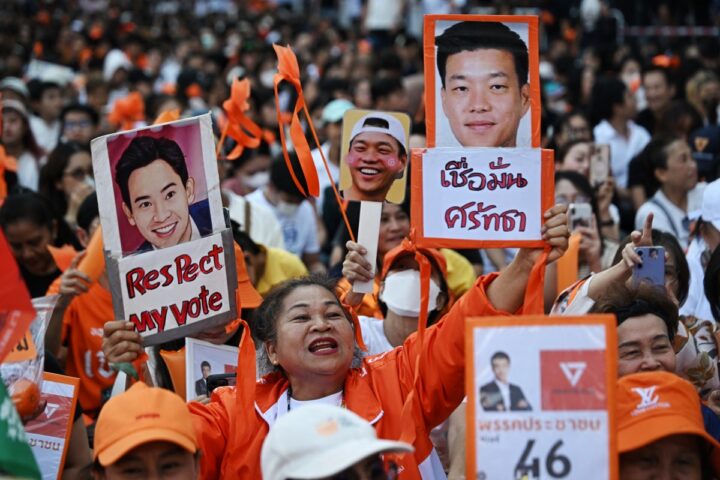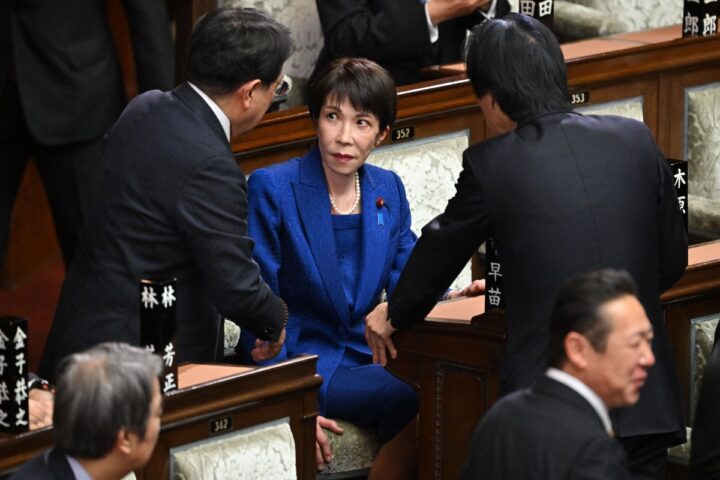Dhaka – In a welcome decision, the High Court on December 17 restored the provisions of a non-partisan caretaker government system in Bangladesh and the provision of holding a referendum to approve any constitutional amendment. The Court correctly noted that the Fifteenth Amendment abolished the nonpartisan caretaker government system, contradicted the fundamental framework of the Constitution, and undermined key democratic principles. The court stressed that there were no legal obstacles to the restoration of a caretaker system of government and ruled that while the Fifteenth Amendment was not entirely invalid, it undermined the basic structure of the Constitution. In its opinion, the court pointed out that the core of the Constitution lies in democracy, and that democracy can only be ensured through free, fair and credible elections.
Unfortunately, Bangladesh has not experienced a single free or fair election since the passage of the 15th Amendment on June 30, 2011 (which repealed the 13th Amendment). This seriously damages the country's democracy. In fact, it can be argued that democracy virtually ceased to exist under the Awami League regime, which enacted the amendments amid widespread controversy and outrage from almost all other political parties.
Ironically, the Thirteenth Amendment, which introduced the system of non-party caretaker government on March 28, 1996 – to ensure all possible aid and assistance to the Election Commission in conducting general elections – came amid fierce agitation and massive street protests It was later passed. However, in 2011, despite extensive consultations by a parliamentary committee led by senior MP Sajda Chaudhry, which unanimously recommended retaining the caretaker government clause, then Prime Minister Sheikh Hasina chose to scrap it.
Since then, Bangladesh has held three parliamentary elections – in 2014, 2018 and 2024 – all of which were either flawed or outright farces. The 2014 election was boycotted by the main opposition party; the 2018 election was marred by massive vote fraud the night before polling day; and the 2024 election was boycotted again with the Awami League launching dummy candidates to cover the absence of the main opposition party.
Through these farcical elections, the Awami League government became increasingly authoritarian over time, eliminating all political space for the opposition parties and turning the country into a one-party state. Given this history and the consistent failure of partisan governments to hold credible elections, it is clear that the caretaker government system is one of the main guarantees of ensuring free and fair elections in Bangladesh.
In view of this, we hope that the High Court judgment will restore the voting rights of the people, establish a system for holding free and fair elections, and re-establish democracy in Bangladesh.
The article A step towards restoring democracy: The Daily Star appeared first on Asia News Network.

















